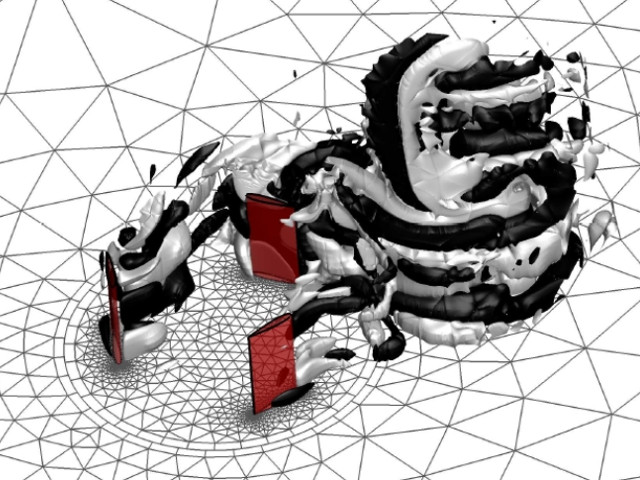Computational simulation is playing a central role in Research, Development and Innovation due to the high capacity to simulate and explore outstanding challenges through these means. Considered the third pillar of the scientific method, computational simulation is rapidly evolving, creating new fields of research potentially capable of a huge impact in society. This area of research itself is growing from a set of separated application areas to a coherent body of knowledge spanning from the fundamentals to the applications. On the one hand, the old Von Neumann computational models or Shannon’s information theory are being challenged, giving birth to new views about the structure of nature itself. On the other, new algorithms that provide orders of magnitude improvements over existing ones are allowing us to tackle engineering problems that were previously unthinkable, transforming abstract theories into everyday practical applications. Further, the ability to profit from computational simulation comes paired with similar developments in computing capability.
The Research Center for Computational Simulation (CCS) emerges to efficiently address these expectations, and to encourage outstanding interdisciplinary international research in a very dynamic area. Given the multidisciplinary and evolving nature of computational simulation-based science and engineering we envision the need to group these common research areas in one Center. Since January 2015, CCS is the home of several research groups of different universities in Madrid: Universidad Politécnica de Madrid (UPM), Universidad Rey Juan Carlos (URJC), Universidad Complutense de Madrid (UCM) and Universidad Autónoma de Madrid (UAM). This increases the ability to adapt and meet the needs of a rapidly changing world of research and applications that is enabled by new computers, communications and algorithms.
Our mission is to reach excellence in R+D+I and higher education, whilst offering the most innovative technology across all the disciplines involved in computational simulation. Some of the challenges we are currently working on are fluid dynamics, big data analytics, neuronal lattices simulation, molecular dynamics, energy efficiency models, and quantum information and computing. However, these are not exclusive and we always welcome new challenges!
Our objectives are to promote and plan research activities, development, innovation and technology transfer in areas of computer science and those acting as a support of it, as well as to share scientific knowledge and research experiences with other institutions and members of the industry.
To achieve these, CCS has some of the best researchers in these areas in Spain. All CCS members have long standing careers of collaboration with industry in many ongoing projects in areas such as large scale numerical simulations —which includes a section on industrial cooperation—, visualization and data interaction, new computational models and algorithmics, big data analytics, and technological areas such as efficiency in ICT, especially in data centers. These areas are supported by High Performance Computing (HPC), to improve their performance, using clusters and also coprocessors as GPUs or MICs.



